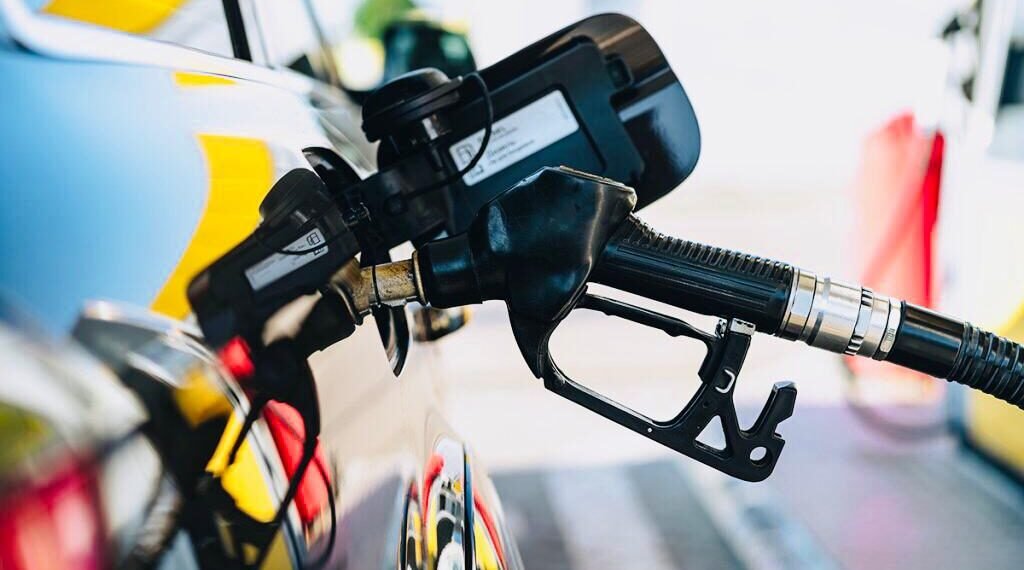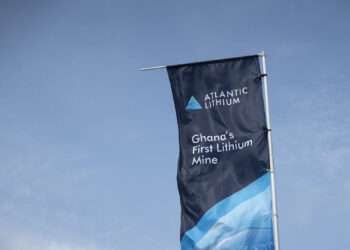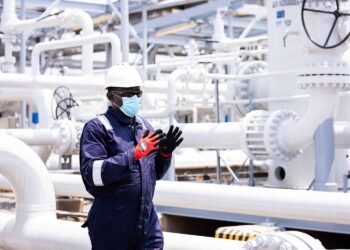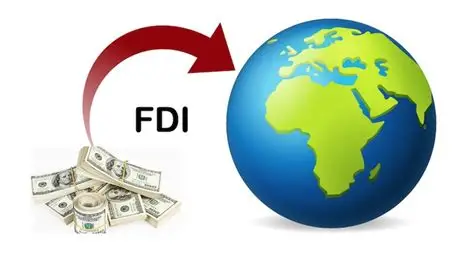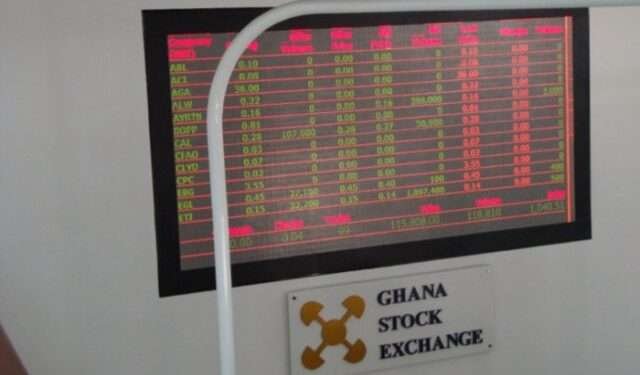Ghanaians could be paying more at the pumps in the coming days, as the Chamber of Petroleum Consumers (COPEC) has warned of an impending rise in fuel prices driven largely by the depreciation of the cedi.
But in a direct appeal to Oil Marketing Companies (OMCs), COPEC is urging them to exercise restraint and absorb part of the expected increases to protect consumers already struggling with rising living costs.
Speaking in an interview, COPEC’s Executive Secretary, Duncan Amoah, highlighted the critical role OMCs could play in cushioning consumers during turbulent pricing cycles.
He acknowledged the tight margins that fuel retailers face but insisted that some level of flexibility was necessary in the national interest.

“Sometimes times when fuel prices have had to go down, you’ve seen some OMCs decline to reduce their pump prices on day one, day two, or even day three.
“Sometimes they will wait for as many as four or five days to reduce these prices.”
Duncan Amoah, COPEC’s Executive Secretary
He added, “The argument is almost always that they had some stock that they needed to phase out.”
Against this backdrop, he argued that the same logic should apply when prices are trending upwards.
“If you get a window that has prices likely to inch upwards due to the cedi’s depreciation, we can only urge that they are not in a hurry to go and pass everything on to the consumer,” he said.
Duncan Amoah, COPEC’s Executive Secretary
Ripple Effects on the Economy
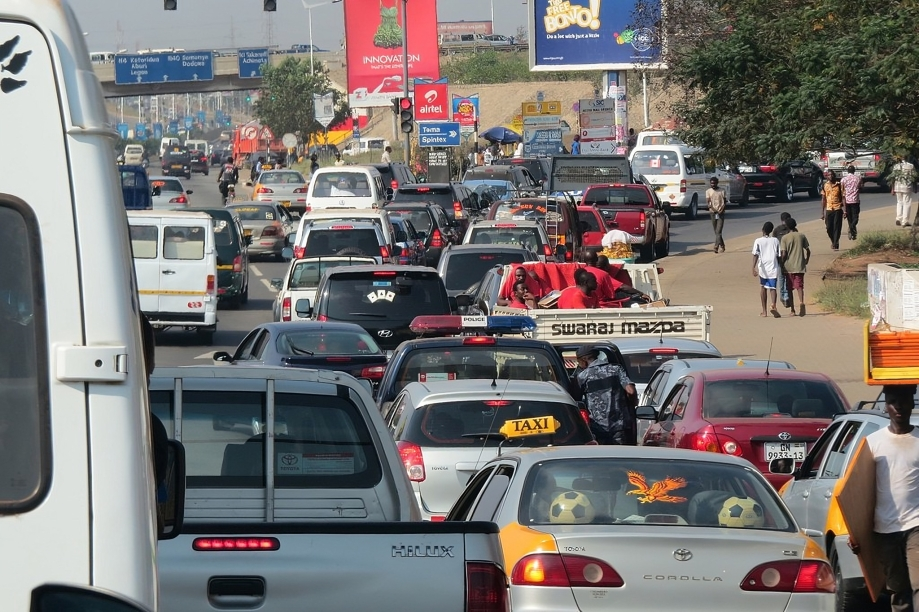
Mr. Amoah stressed that fuel price hikes go beyond the pumps, with direct and indirect consequences across the economy.
He warned, “The cost of fuel would indirectly or directly affect literally everything,” revealing that transport operators were already agitating for fare adjustments in anticipation of higher costs.
“I have already had to have some engagements with transport operators who are already demanding some increases in transport fares.”
Duncan Amoah, COPEC’s Executive Secretary
With inflation on a downward trend, COPEC believes OMCs can play a crucial role in sustaining relief for households by staggering any potential upward adjustments in fuel prices.
Despite the gloomy outlook, Mr. Amoah noted that the cedi had shown signs of recovery over the past two days, offering a glimmer of hope that the anticipated hikes could be moderated if stability is sustained.
“So, maybe they can hold on to a little bit and see how far the cedi fares up to the end of the week.”
Duncan Amoah, COPEC’s Executive Secretary
As of the time of his remarks, no OMC had yet increased pump prices. Mr. Amoah described this as “very good news,” adding that it would be a welcome development if prices held steady through the week.
Industry Realities

The call for OMCs to absorb part of the burden comes against the backdrop of Ghana’s deregulated petroleum market, where pricing decisions are left largely to individual companies within a framework monitored by the National Petroleum Authority (NPA).
This competitive environment, while fostering choice for consumers, also makes it difficult for OMCs to delay passing on costs for too long, especially when exchange rate volatility impacts import bills.
Nevertheless, COPEC maintains that corporate responsibility and consumer protection should weigh heavily on OMC decisions, particularly in periods of economic strain.
Fuel prices in Ghana remain one of the most sensitive economic indicators, often sparking wider debate about inflation, transportation costs, and standards of living.
For policymakers, businesses, and households, the coming pricing window will be closely watched as a test of how the market balances profitability with social impact.
Mr. Amoah emphasized that while businesses need to remain viable, consumers also deserve relief, urging Oil Marketing Companies (OMCs) to adopt a cautious and considerate approach in the current pricing window to help ease the burden on Ghanaians.
READ ALSO: Market Cheers as Ghana’s Treasury Auction Breaks Four-Week Drought with 15.8% Oversubscription

